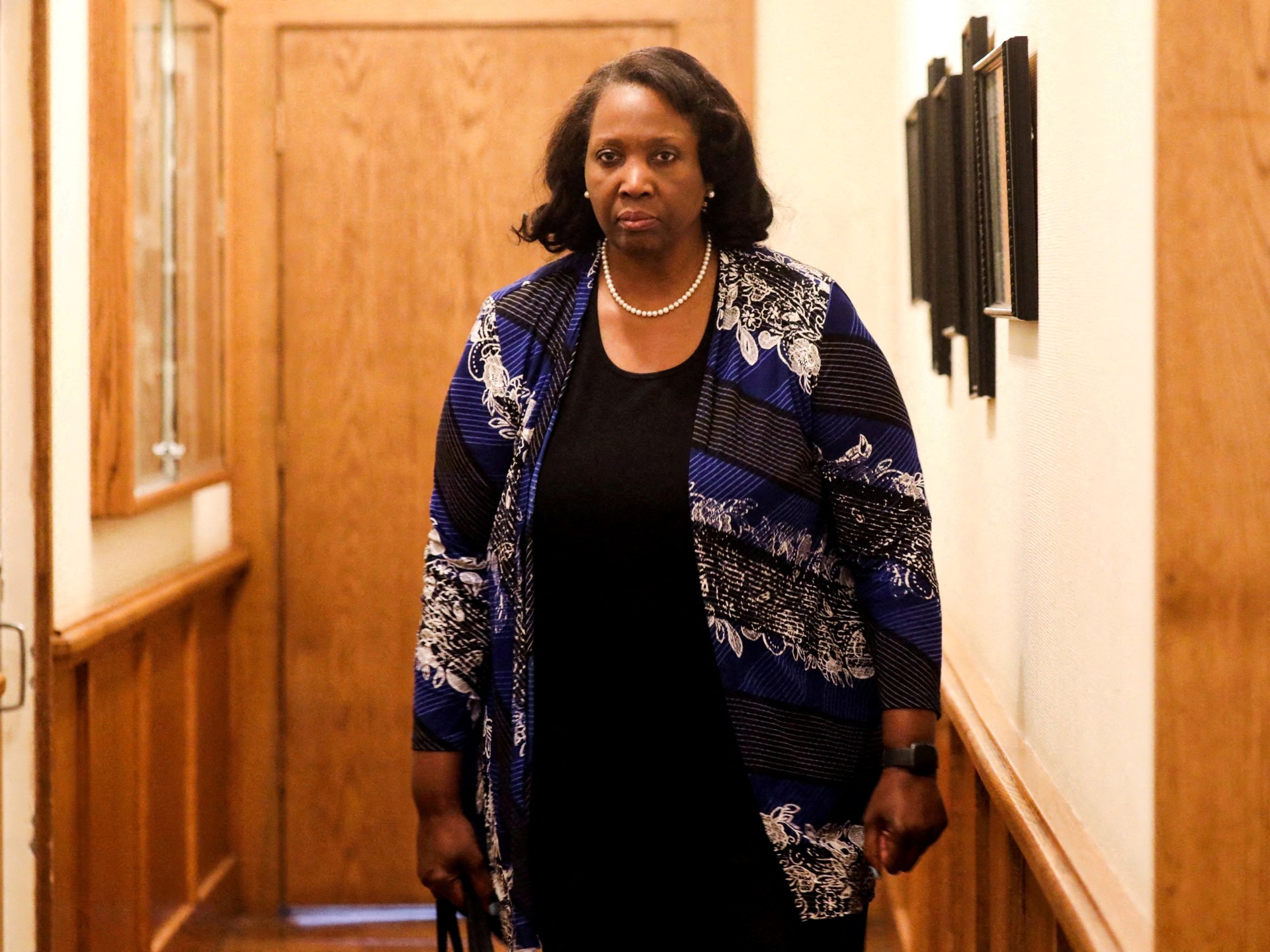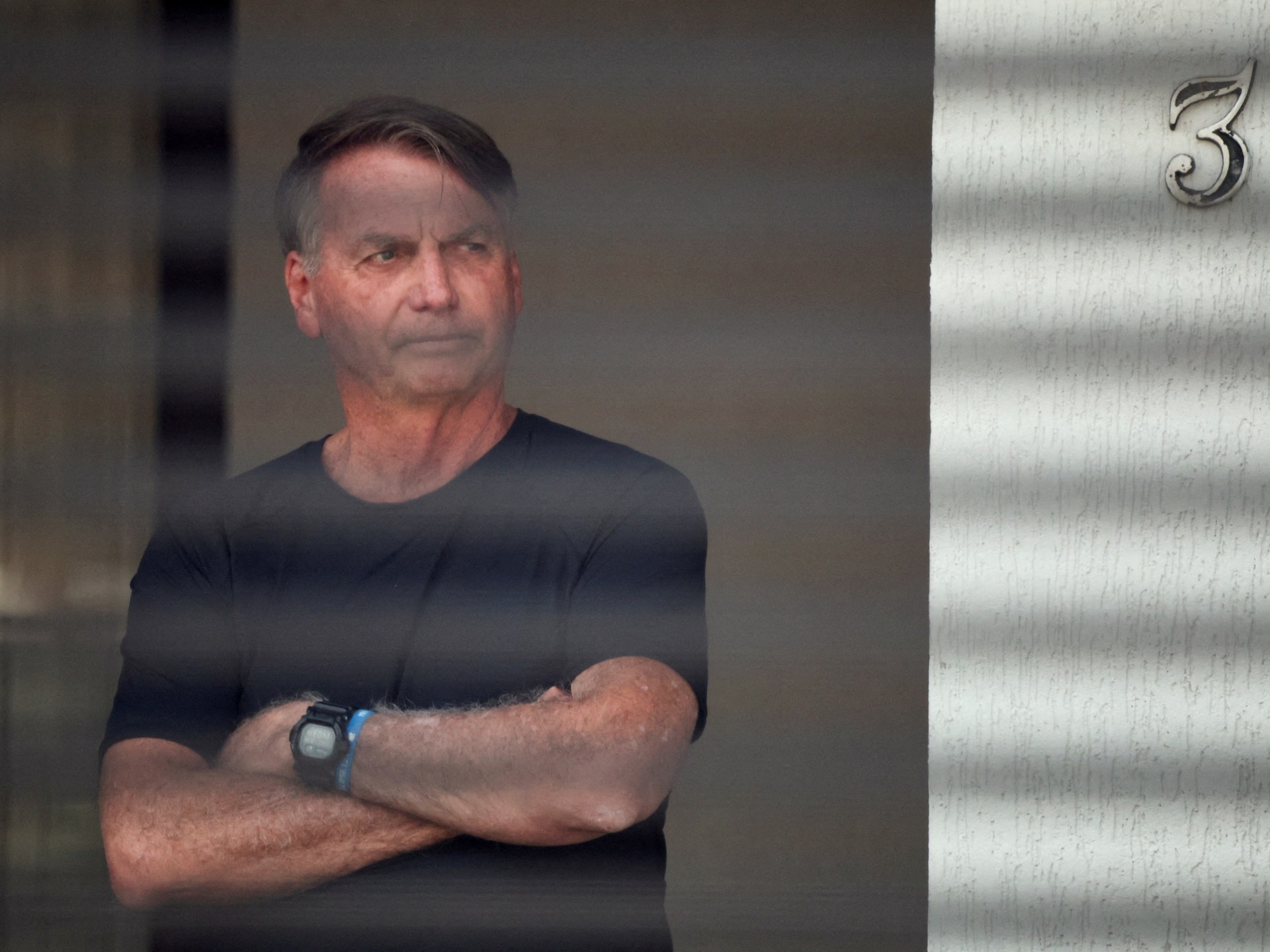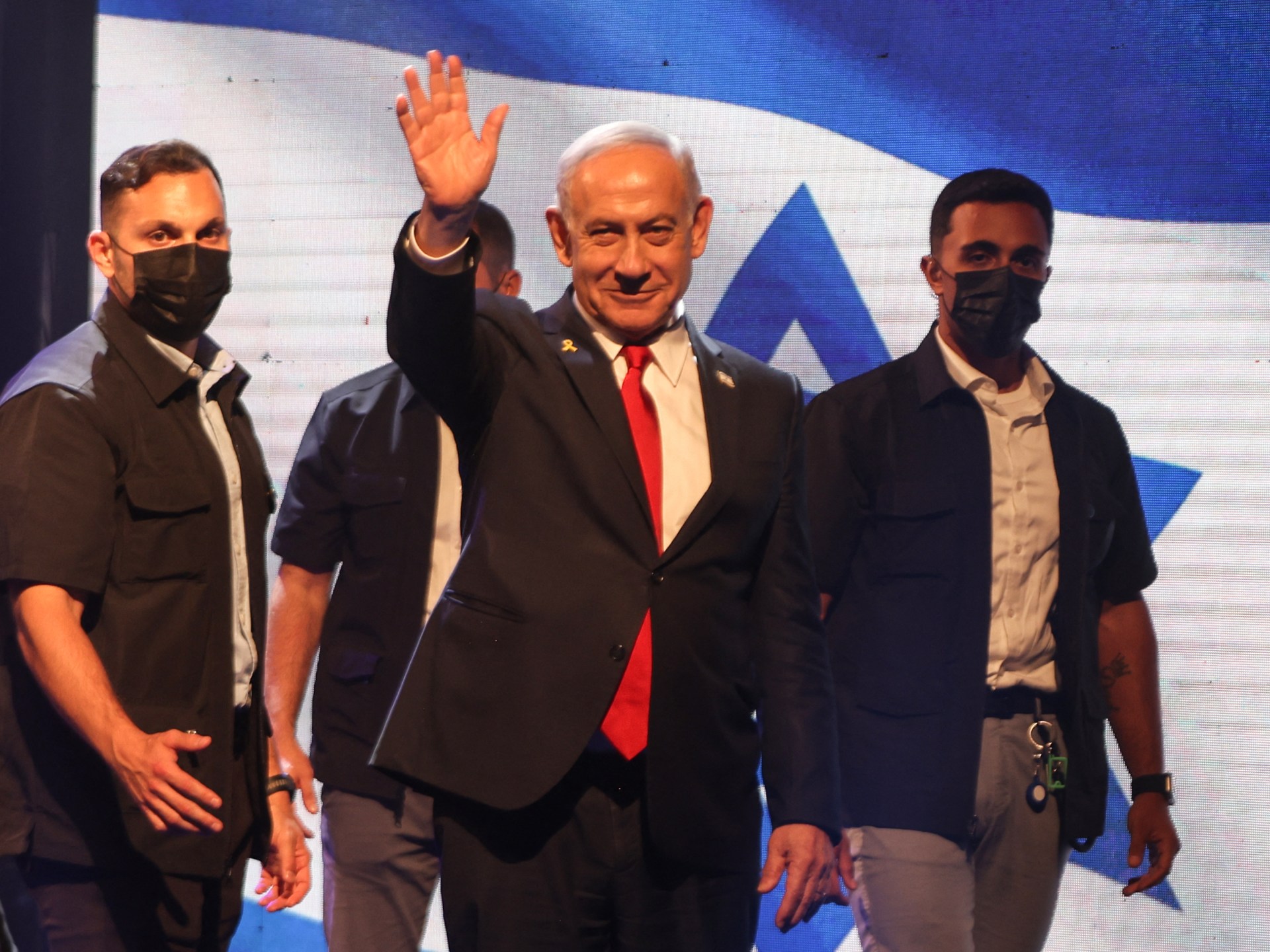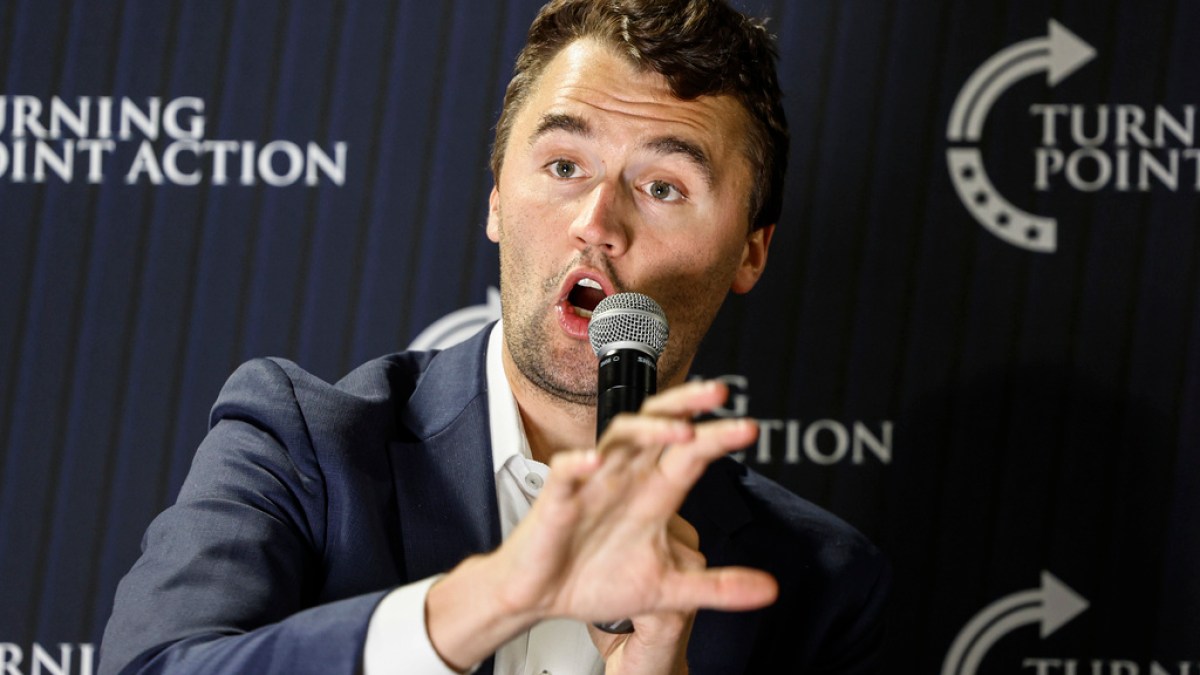In sport, sometimes there is no better way to prepare for a fierce rivalry than watching reruns or reading summaries of previous heart-stopping encounters.
And in cricket, there is no bigger rivalry than India vs Pakistan.
Recommended Stories
list of 2 itemsend of list
The sport’s history is embellished with historic India-Pakistan clashes at every tournament and in every decade.
With the teams set to meet again in the T20 Asia Cup 2025, Al Jazeera Sport picks the three India-Pakistan Asia Cup classics you must revisit before Sunday’s encounter:
2010: Harbhajan is a last-over hero with the bat
The 2010 edition of the Asia Cup was a four-team tournament played entirely in Dambulla, Sri Lanka, where all teams played a round-robin group stage, with the top two progressing to the final.
India beat Bangladesh while Pakistan lost to Sri Lanka, making their June 19 encounter a must-win for the Shahid Afridi-led side.
Pakistan opened with a 71-run partnership between Salman Butt and Imran Farhat. A par total of 267 followed the regular fall of wickets thereafter. India’s fast-medium seamer Praveen Kumar picked up three wickets, but it was Ravindra Jadeja’s left-arm spin that kept Pakistan in check.
Gautam Gambhir and Virender Sehwag opened the batting for India’s chase, and while Sehwag fell after an uncharacteristically slow innings, Gambhir kept going as captain MS Dhoni chipped in with a half-century.
India seemed well set before Pakistan’s spinners struck in the last third of their innings. Gambhir, Rohit Sharma, Dhoni and Jadeja fell in quick succession, leaving India reeling at 219-6 with 49 runs required off 29 balls.
Lower-order batter Suresh Raina had the responsibility to take India home alongside off-spinner Harbhajan Singh. Raina hit Ajmal for 12 off 4 before three economical overs from Shoaib Akhtar and Mohammad Amir.
With eight runs to defend in the final over, Amir made a near-perfect start as Raina ran a single. In a desperate attempt to get back on strike, Raina had a mix-up with Harbhajan and was run out, giving Pakistan the upper hand. India needed seven off four, with Kumar facing Amir. A double and a single brought Harbhajan back on strike for the final two balls.
Harbhajan, who had an altercation with Akhtar a few balls earlier, swung at a length delivery, clearing midwicket for a huge six. The Turbanator then turned towards Akhtar and let out a loud roar as the Indian dressing room celebrated wildly.
India were in the final and Pakistan were nearly out.
Brief scorecard
Pakistan: 267 in 49.3 overs – Salman Butt 74 (85), Kamran Akmal 51 (41); Praveen Kumar 3-53 in 10 overs.
India: 271 in 49.5 overs – Gautam Gambhir 83 (97), MS Dhoni 56 (71); Saeed Ajmal 3-56 in 10 overs.
2014: Afridi seals it with two sixes and a kiss
The round-robin format continued for the 2010 tournament in Bangladesh.
By the time India faced Pakistan, both teams had one win and one loss and needed a win to bolster their chances for a spot in the final.
Runs flowed off Rohit Sharma’s bat on a quick Mirpur outfield, and India seemed on their way to a big total despite losing Shikhar Dhawan early. Virat Kohli joined Rohit in smashing the Pakistani pacers.
While Rohit went his merry way, India were dealt a blow when Umar Gul dismissed Kohli for five. Regular wickets slowed India’s scoring rate, but they still posted 245, thanks to a late flourish by Ambati Rayudu and Jadeja.
Pakistan’s top-order, particularly Mohammad Hafeez, gave them a good start to the chase. However, it wasn’t long before India’s spin twins Ravichandran Ashwin and Amit Mishra forced a collapse worthy of Pakistani renown. Four batters were dismissed in the space of 42 runs.
Hafeez began the rebuild with Sohaib Maqsood in an 87-run partnership, but both were dismissed in consecutive overs, leaving Pakistan reeling at 203-6 off 45. Maqsood’s run out, in particular, was a gift for India after a huge mid-pitch mix-up with Shahid Afridi, just after Pakistan took the upper hand.
Afridi, the last recognised batter, was joined by Gul as Pakistan required 43 off 30 with four wickets standing. Every Afridi swing of his bat was met with trepidation as the all-rounder was known for attempting big shots irrespective of the match situation.
At first, he targeted Jadeja, hitting him for a four and a six in the 46th. The following over, from Bhuvneshwar Kumar, also brought two boundaries before Mohammad Shami kept Pakistan quiet in the 48th.
Kumar’s next over, with two wickets and just three runs, all but ended Pakistan’s hopes as Afridi watched on from the non-striker’s end.
The final over was handed to Ashwin, who had taken 2-31 in his nine overs thus far. The wily spinner gave India the perfect start by bowling Ajmal first up. Pakistani fans held their heads in disbelief while India’s celebrated wildly.
Junaid Khan was last in, and he played a perfect dab to pinch a single, bringing Afridi back on strike.
With nine needed off four, the stadium held its breath knowing Afridi could sway the match either way.
As Ashwin began his delivery stride, Afridi stepped back and swung hard at a short ball. The connection between was by no means ideal, but Afridi’s power cleared the ropes.
Afridi again gave himself room with the ball pitched closer to his body, but when has that ever stopped Afridi from playing a risky shot? Another wild swing skied the ball, but it again cleared the boundary.
Ashwin was all hands-on-head as the Indian team stood in disbelief.
Afridi was all arms lifted wide in his trademark star-man celebration as Junaid embraced him. A delighted Afridi gave Junaid a quick kiss on the cheek before the star all-rounder was mobbed by his teammates.
Brief scorecard
India: 245-8 in 50 overs – Rohit Sharma 56 (58), Ravindra Jadeja 52 (49); Saeed Ajmal 3-40 in 10 overs.
Pakistan: 249-9 in 49.4 overs – Mohammad Hafeez 75 (117), Shahid Afridi 34 (18); Ravichandran Ashwin 3-44 in 9.4 overs.

2016: Kohli trumps Amir in low-scoring thriller
The Asia Cup 2016 was the first played as a T20 and produced one-sided group games until India met Pakistan in the fourth match of the round-robin stage.
Pakistan lost Hafeez to the fourth ball of the match.
A poor umpiring decision, with Khurram Manzoor surviving a caught-behind, left India furious. However, Dhoni’s team didn’t have to wait too long for Manzoor’s departure as Afridi’s men continued to struggle on a low-scoring pitch, losing wickets in every other over.
In a total of 83, Sarfaraz Ahmed’s 25 was Pakistan’s only saving grace. Hardik Pandya led the attack with three wickets, but each of India’s bowlers chipped in, including a then-fresh-faced Jasprit Bumrah.
The chase was seemingly simple, given India’s power-packed batting. Mohammad Amir, playing his first Asia Cup since returning to the team following his cricket corruption-linked ban, had other plans.
The left-arm pacer made a near-perfect start, striking Rohit’s toes with a swinging yorker, only for it to be adjudged not out. There was no surviving the following inswinger, which struck the pads.
Kohli was next in to face the pumped-up Amir, swinging the ball to his will. A single switched strike with Ajinkya Rahane’s first ball ending up being his last, Amir swinging the ball back into the right-hander viciously to strike his pads plumb in front.
Amir’s second over, and India’s third, brought more lbw appeals as Kohli was struck on the pads by another skilful delivery that straightened, but failed to impress the umpire. Amir had his reward next ball, as Raina was the man to go, chipping an easy catch to short mid-on.
Kohli and Yuvraj Singh saw out Amir’s spell, nudging towards the target. Kohli, in particular, showed nerves of steel to see off Amir’s scintillating swing.
The Indian batting star soon reaped his reward, however, settling in to take boundaries off all the bowlers, including Amir’s last.
India’s charge was halted in the 15th when Kohli fell on 49, followed by Pandya, but the team total was 76-3. New batter Dhoni and Yuvraj took six more deliveries to finish the job.
India won by five wickets, but the match could have had a nervy finish were it not for Kohli’s brilliance.
Brief scorecard
Pakistan: 83 runs in 17.3 overs – Sarfaraz Ahmed 25 (24); Hardik Pandya 3-8 in 3.3 overs.
India: 85-5 runs in 15.3 overs – Virat Kohli 49 (51); Mohammad Amir 3-18 in 4 overs.






